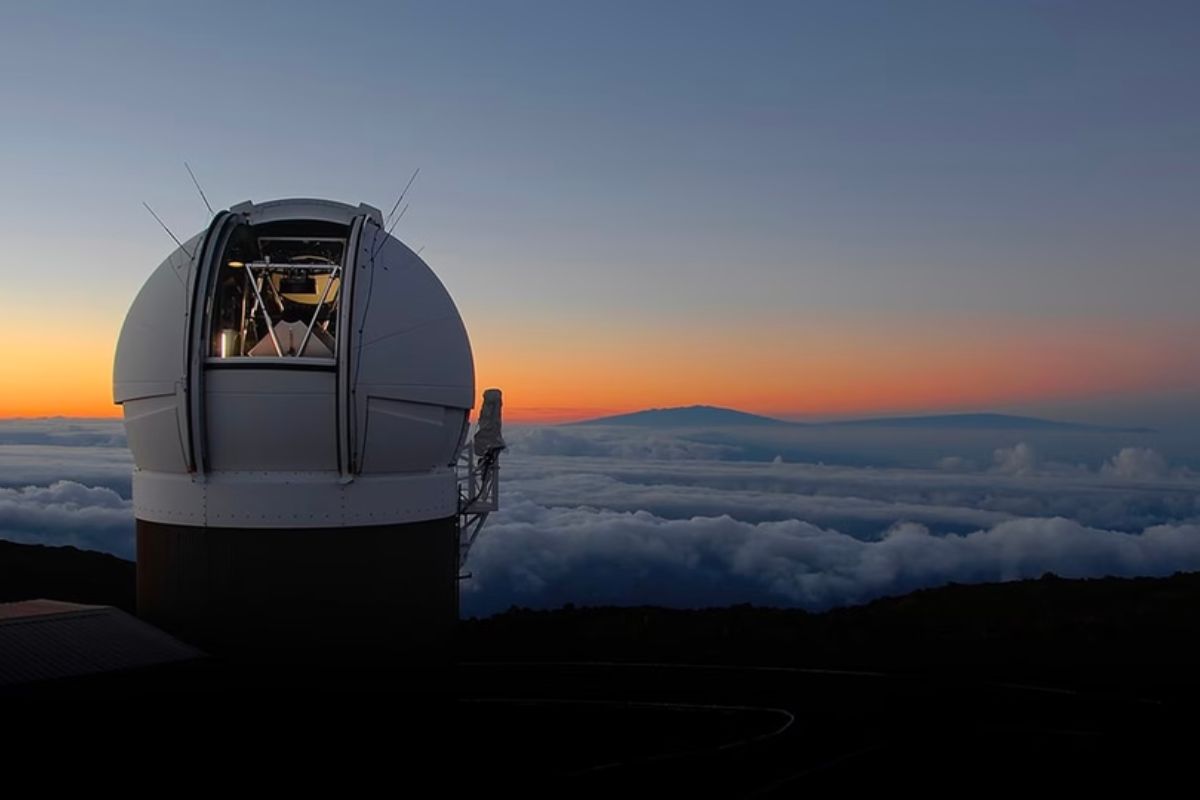India is making significant advancements in space objectives and explorations, with the Indian Space Research Organisation (ISRO) preparing several upcoming objectives. Along with this, India has outlined its financial dedication to an international collective job in astronomy, including greater than 16 nations. This task aims to develop the Square Kilometre Variety (SKA), the globe’s biggest radio telescope, which will focus on examining galaxies in the universe and offer data on the advancement of our very own galaxy. Find out more regarding this project, including its objective and timeline for research preparedness.
All You Required to Learn About the Square Kilometre Array (SKA)
According to a report by the Print, the Square Kilometre Range radio telescope will be established by 16 consortium participants- Australia, South Africa, Canada, China, India, Japan, South Korea, the UK, Spain, Portugal, Switzerland, France, Germany, the Netherlands, Sweden, and Italy. India is adding a whopping 1250 crore to the Square Kilometer Array (SKA) project for its successful development. The growth of the SKA telescope will generally take place in Australia and South Africa.
With the growth of this radio telescope, scientists will certainly be able to respond to questions for physics and cosmology by researching the universe including our Milky Way Galaxy. The telescope is now under growth and it will certainly be built in two stages. The job was started in December 2022 and it is expected to be finished by 2029. As per records, the considerable element of the project is to research the Milky Way, therefore, the telescope is being built in the Southern Hemisphere to get better presence of our home galaxy.
Upon its conclusion, the SKA telescope is expected to be the most innovative and effective radio telescope worldwide, surpassing all others in size and ability. The project boasts an unprecedented level of global collaboration, with countless researchers from around the world collaborating to attain this groundbreaking task. The SKA telescope might also uncover the secrets of extraterrestrial life, potentially disclosing the existence of aliens in our world.
